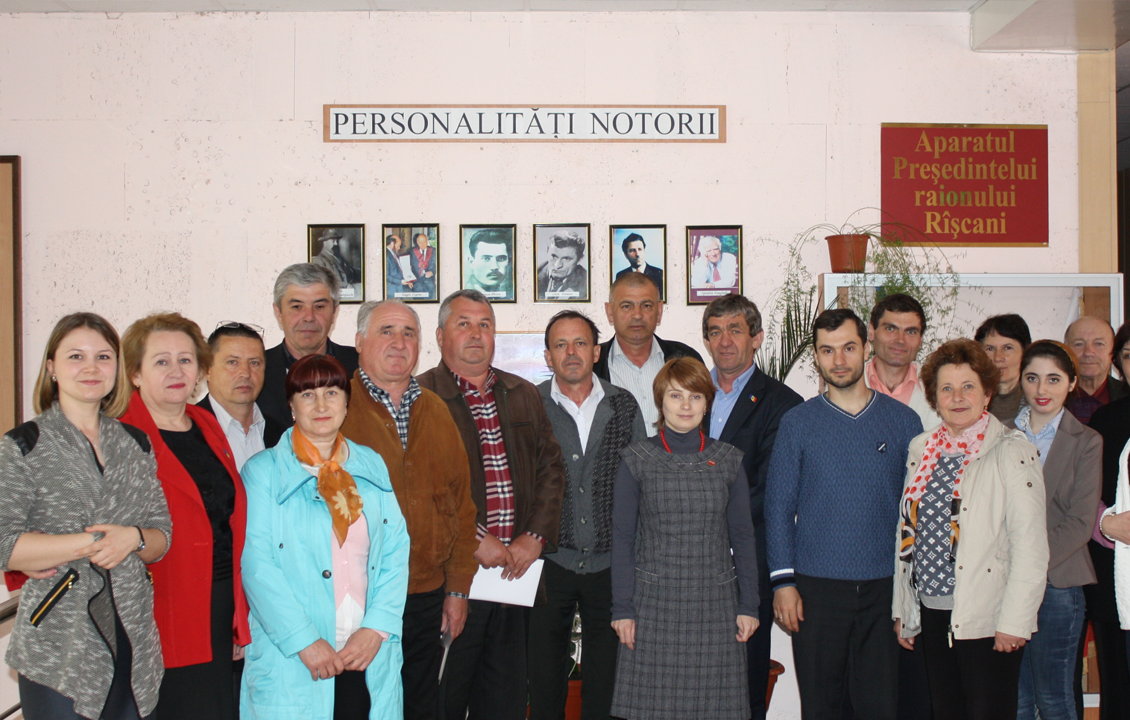
Moldova National Association of Tuberculosis Patients “SMIT” supported by Rayon Council Riscani, conducted a roundtable on topic “Together in TB control: Strengthening the Supportive Environment for Outpatient Treatment for Effective TB and MDR TB Control”.
Rayon Council members, representatives of local public authorities from Riscani, as well as Consultative Centre phtysiopulmonologist, Mrs Ala Bulgari have participated at the meeting.
„SMIT” representatives spoke about the important role of the public administration in TB control and the need of slow transition to the outpatient treatment, along with the TB Action Plan for the WHO European Region 2016-2020.
Mr Iurie Urzica, Chairman of the RC Riscani, has emphasized the importance of community support for TB patients. TB has become a priority issue that should not be neglected, but rather it requires more attention.
The global incidence of tuberculosis in Riscani constituted in 2015 – 108,0 cases per 100 000 inhabitants.
„Involvement of local authorities in the activities that we expose here today, is essential, because LPAs receive the highest trust of the communities they represent”, Mr Pavel Rucsineanu, President of the Association „SMIT”, said.
„The new WHO Action Plan for European Region recommends to switch national TB control systems from hospital-centered to patient-centered model, with individual approach. So, if the treatment outside hospital is appropriate, then we need maximum efforts to stimulate those services which have a major impact on the effective outpatient treatment, thus ensuring a favorable environment for the patient”, Mrs Oxana Rucsineanu, Program Director, said.
A request formulated by roundtable participants, consists in using mobile diagnostic systems, where specialized teams provide mobile radiography for all residents in their native environment. The mayors agreed to identify funds for these interventions.
Continuum information and education of the population about the disease, symptoms and risk of transmission, are the first steps authorities can take in TB control. The TB patient in treatment is not dangerous, while stigma and discrimination impede treatment and rehabilitation.
Promoting the healthy lifestyle among the community members, providing moral and material support for patients throughout treatment and their family members, stimulating local primary health care, providing employment opportunities – these are just some of the prospects which can be used for involving local authorities in TB control.
Finally, representatives of the local authorities have signed a joint declaration to undertake and use all available means to ensure the necessary resources for the effective control of tuberculosis.